Carrying out good planning brings multiple benefits, such as allowing you to save and helping you to know what capital you have, the options available, what you should invest in, and what things should be postponed for the time being.
On the contrary, by not keeping control or planning regarding expenses or investments, what happens is that you do not see how the money is spent and it is not possible to achieve the plans and it may even happen that the expenses are higher. to income, which is considered a deficit.
It is not the idea to reach the end of the month with balances in the red, but on the contrary, to find a way to make everything in your favor, it is for this reason that five simple steps are presented below to take control of personal finances and through of these recommendations to be able to find the ideal action plan to follow.

Steps to take proper control of your personal finances
1.- Establish the current financial situation
It is not necessary to be an expert in finance to be able to know what your current financial situation is, you can make a financial statement in which you will place what are the fixed income (salary and salary) that you will receive as well as availability of cash in banks and what are the fixed and eventual expenses of each month (food, rent, education, transportation, etc.). By knowing the financial situation you will be able to know what you have and make the corresponding estimates.
2.- Review of the current situation
After knowing what are known as assets (income and availability of fixed money and eventual income can also be placed), and liabilities (expenses or fixed and variable debts) you will be able to find what is the availability for each of the lines and the surplus or missing in order to carry out the action plan. Income should always be higher than expenses, otherwise you should review what is happening or find options to increase income.
3.- Establish a budget according to the objectives and goals to be achieved
Establishing what are the objectives and goals that you want to achieve in the short, medium and long term is essential. If you want to invest, undertake in some field, travel, expand your business, buy a home or any other activity, this is the time to do it. When establishing the budget, it must be done realistically and objectively according to availability and that is why the next step is very important.
4.- Prioritize and discard
It is not about feeling that you must discard everything and feel frustrated, but at the moment of carrying out adequate planning, you must establish what your priorities are, what you are investing in and also recognize what you are spending on that is unnecessary or that you are not providing any value. kind of long-term benefits and for that reason you can save.
5.- Follow your action plan
Follow the action plan according to the objectives and for this, an exhaustive control of the outputs or expenses must be carried out according to the established budget. This will help you feel motivated and achieve what you want more easily. It is important that the objectives are realistic and that priorities are established in the short, medium and long term. (Weeks, months and years)

Financial planning is a way to achieve goals, good income management will make you feel that success is something very easy to achieve and you will feel proud.

















